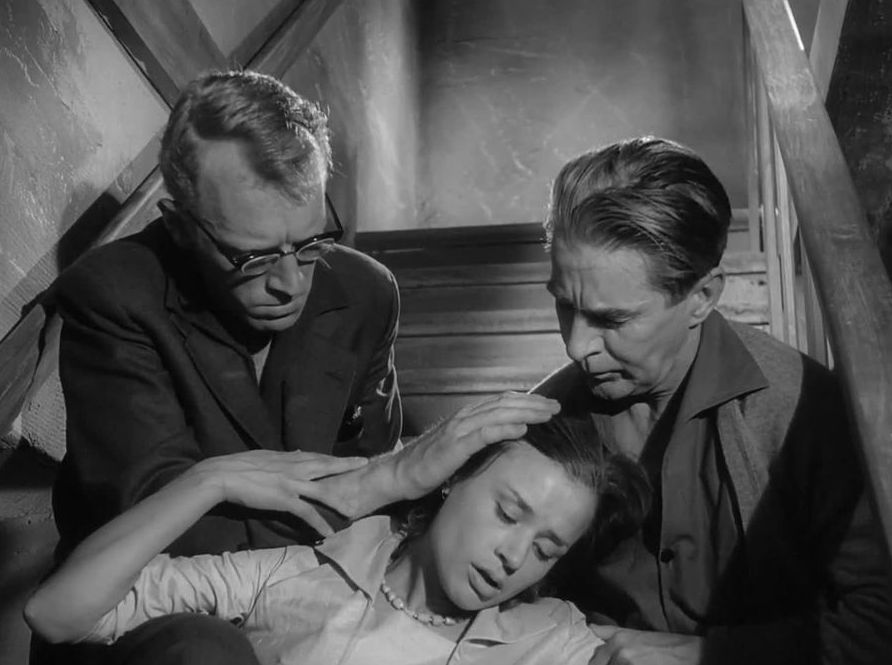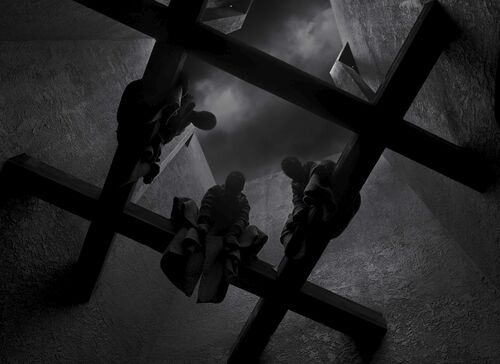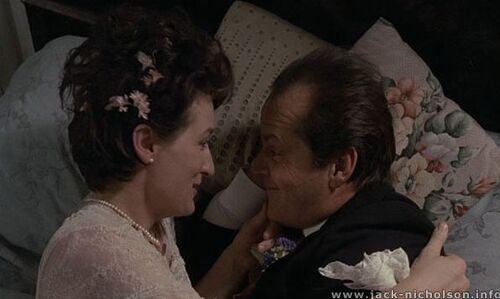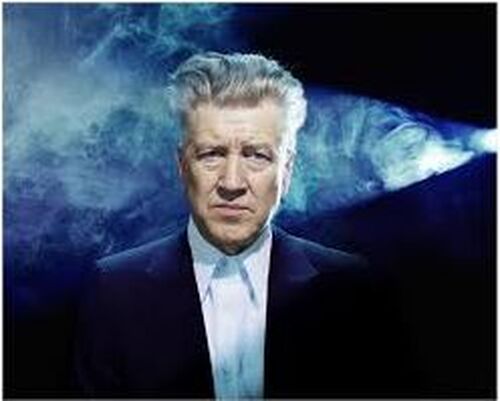
SeptemBergman: Through a Glass Darkly
 My third outing with Ingmar Bergman brought me to the beginning of his famed "religious trilogy. Through a Glass Darkly was released in 1961 and examines a woman's mental illness, a young man emotionally starved of his father's love, and the grief of losing someone you love and how helpless one feels in that situation. An emotional exploration of love and loss and a family left grasping at whatever pieces of their relationship are left. Visually as gorgeous as it is stark, Through a Glass Darkly rakes the audience over the coals of its pensive intensity yet leave you safely nestled in the warmth of its lyrical beauty.
My third outing with Ingmar Bergman brought me to the beginning of his famed "religious trilogy. Through a Glass Darkly was released in 1961 and examines a woman's mental illness, a young man emotionally starved of his father's love, and the grief of losing someone you love and how helpless one feels in that situation. An emotional exploration of love and loss and a family left grasping at whatever pieces of their relationship are left. Visually as gorgeous as it is stark, Through a Glass Darkly rakes the audience over the coals of its pensive intensity yet leave you safely nestled in the warmth of its lyrical beauty.
Returning home to his family island, self-absorbed writer David (Gunnar Björnstrand) is reunited with the son he often ignores, Minus (Lars Passgård), his daughter, Karin (Harriet Andersson) who has just been released from a mental institution, and her devoted yet frustrated husband Martin (Max von Sydow). David can't shake the feeling of regret that his children are such strangers to him. Minus will do anything to get his father's attention yet he never seems to be able to obtain it. Karin, conversely, only has her father's attention because of her mental instability and would much rather David ignore her as he does her brother. Warned by Martin of a possible relapse of Karin's mental condition, David attempts to be more of a father to his children as they spend time together on the island monitoring Karin. David didn't just retreat to get more writing done, however, in fact, he abandoned his children after the death of their mother, rendering their reunion awkward and emotionally cold. Martin, devoted as he is to Karin's well-being, has also grown frustrated acting as the constant caregiver, and little else, due to Karin's diminished sexual yearnings. Their time together is filled with emotional distance and hostility culminating in Karin's discovery of a journal of her father's in which she discovers that her illness is degenerative and without cure, triggering a breakdown that will test each person on the island.
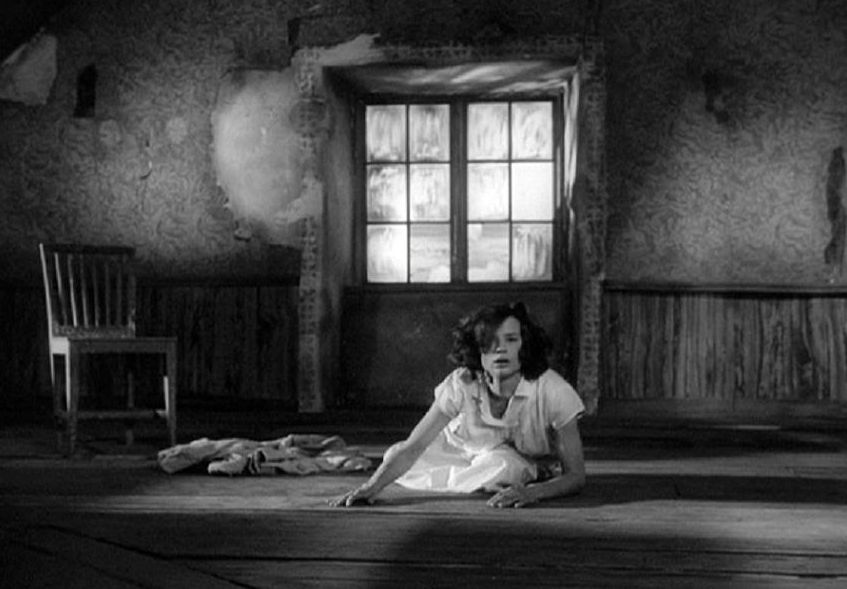
From the opening shot, Bergman creates an intensely atmospheric mood filled with grim overcast skies matching the feelings of the family members to one another. Another possible theme I'm beginning to notice during my fourth outing with Ingmar Bergman is the use of theatre and acting within his films. Judging by what is shared when his characters are on stage, it seems as though Bergman may have felt as though acting is when an individual is most honest with themselves and those around them. I am interested to see if this is a theme that persists as I travel through the rest of Bergman's filmography. Through a Glass Darkly is unique because it is a strong emotional film that is wrapped in such beauty it quells the notion that this is simply a "depressing Ingmar Bergman film". The technical aspect that stuck out to me most during this film was the precision with which each shot was framed. There is not a shot wasted or a position that is anything but calculated perfectly illustrating the deteriorating mental conditions unique to each family member onscreen.
